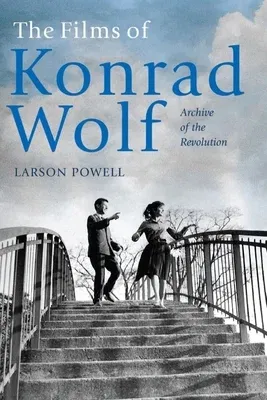This is the first book in English on the films of Konrad Wolf
(1925-1982), East Germany's greatest filmmaker, and puts Wolf in a
larger European filmic and historical context.
Konrad Wolf (1925-1982) was East Germany's greatest filmmaker and also
an influential public figure in his country's political and cultural
life. As artist and representative of the GDR, he had to perform a
complex balancing act between aesthetic conscience and political
function, not unlike Brecht. His work covers almost the whole lifespan
of the GDR, in a range of filmic styles and genres, from musicals to
antifascist films to films of everyday life.
This book, the first in English on Wolf's entire oeuvre, proposes that
we understand his work as an archive both of his own personal experience
and of the ideology of socialism, embedded in self-reflexive filmic
forms and generic references that put Wolf in the vicinity of other
filmmakers like Fassbinder, Wajda, and Tarkovsky. The book's
comparativist dimension, as well as its larger examination of the
problems of a politically committed artist in state socialism, will make
it of interest to all readers concerned with late-twentieth-century film
history, art under socialism, and the history of East Germany and
Eastern Europe.
Larson Powell is Curator's Professor of Film Studies at University of
Missouri, Kansas City. He has published The Technological Unconscious
(2008); The Differentiation of Modernism (2013), and edited volumes on
German television and on classical music in the GDR.

